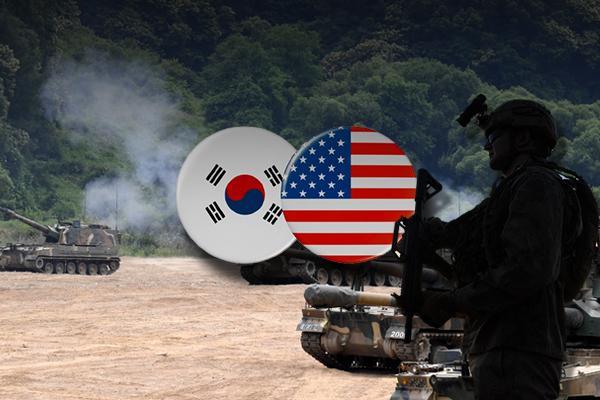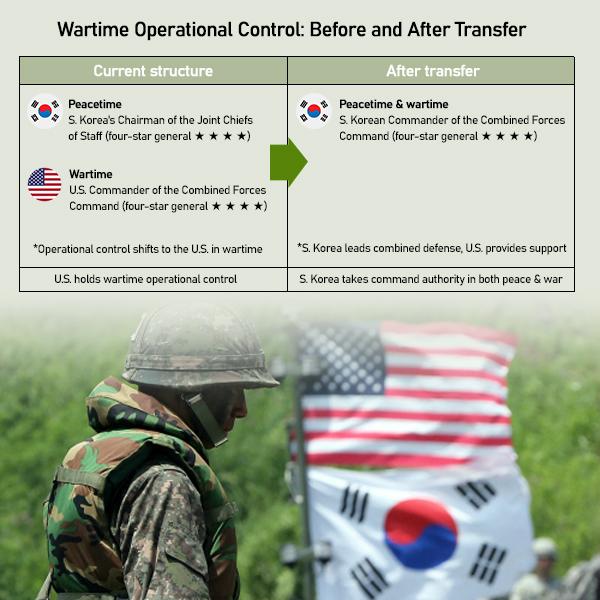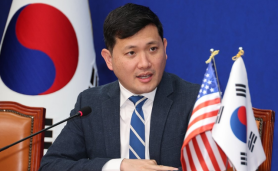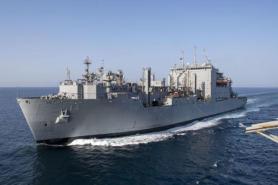
SEOUL, September 25 (AJP) - Seoul claims it has made substantial strides in latest round of negotiation with Washington on the transfer of U.S. wartime operational control (OPCON) to South Korea.
The 27th Korea-U.S. Integrated Defense Dialogue (KIDD), a regular consultative meeting between the two defense ministries, was held in Seoul on Sept. 23-24, in which, the ministry said that the two have made "significant progress" toward meeting the conditions for the transfer, a campaign promise of President Lee Jae Myung to complete within his five-year term.
Wartime operational control determines who commands the combined military force if a war breaks out. A change is seen as more than a military procedure. It is widely viewed as a matter of national sovereignty, who ultimately commands the South Korean military in a crisis.

South Korea remains one of the few countries whose wartime command authority lies with another nation. The arrangement dates back to 1950, when then-President Rhee Syng-man handed command authority to the U.S.-led UN Command at the outbreak of the Korean War. Peacetime control was restored in 1994, but wartime control has remained in U.S. hands.
"Back in the 1950s, South Korea depended on U.S. support for survival, but today the country has the strength to defend itself," said Shin Seung-ki, a research fellow at the Korea Institute for Defense Analyses (KIDA).
Under the bilateral agreement, the handover is tied to three conditions: South Korea has to demonstrate the military capability to lead the alliance, the two sides have to jointly respond to North Korea's nuclear and missile threats, and the regional security environment on the peninsula has to be stable enough to support the change.
Progress is reviewed in stages. Seoul has already cleared the initial assessment and is now in the full operational capability stage, with one final review left before the full handover.
Experts are divided on Korea's readiness. Some think Seoul still relies heavily on U.S. intelligence and surveillance to counter North Korea's advancing nuclear arsenal, while others believe South Korea's military has advanced far beyond what it was in the past, according to Shin.
President Lee has made OPCON transfer as a core national agenda, vowing to strengthen defense posture while maintaining a robust alliance with the U.S. His timing may be favorable, as U.S. President Donald Trump has called allies to take on more security responsibilities.
But the U.S.'s stance is unclear. While Seoul's defense ministry highlighted "significant progress" in its summary of the KIDD meeting, the phrase was absent from the joint press release with Washington. This has prompted speculation about differences in perception, though officials insist it simply reflected brevity, not disagreement.
The debate over wartime command has stretched for decades. In 2006, the Roh Moo-hyun administration agreed with the Bush administration to complete the transfer by 2012. The timeline was later delayed by the Lee Myung-bak government to 2015, and then the Park Geun-hye administration eventually shifted to a conditions-based approach rather than setting a fixed timeline – an approach that has continued ever since.
Copyright ⓒ Aju Press All rights reserved.




